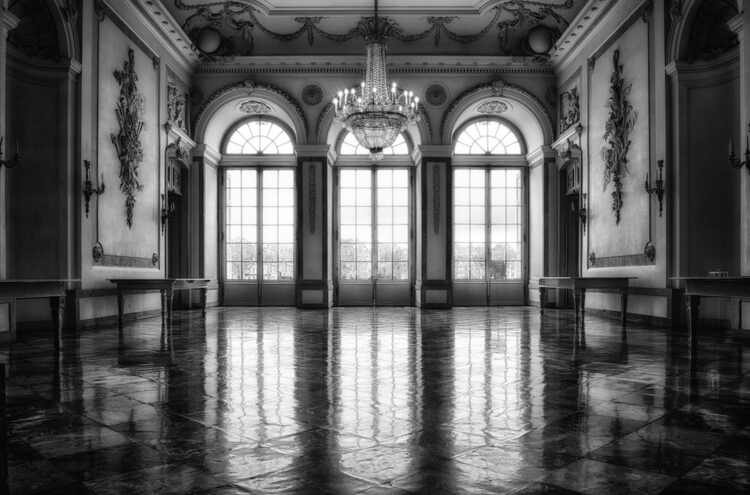In many urban neighborhoods, there exist unwritten codes of conduct that govern the way residents interact with one another. These codes, often referred to as “Da Hood Codes,” are deeply ingrained in the culture of these communities. This article aims to shed light on these unspoken rules and explore the importance of understanding them.
The Origin of Da Hood Codes
Da Hood Codes have their roots in the historical context of marginalized communities. They emerged as a response to the unique challenges and adversities faced by residents living in high-crime, low-income neighborhoods. These codes served as a way to maintain order, safety, and a sense of unity within these communities.
The Importance of Respect
Respect is a fundamental aspect of Da Hood Codes. Residents are expected to show respect to one another, regardless of age or social status. This respect extends to the elderly, as they are often seen as repositories of wisdom, and to the youth, who represent the future of the community. Disrespect is taken seriously, and violators may face consequences from the community.
Neighborhood Loyalty
Loyalty to one’s neighborhood is another key aspect of Da Hood Codes. Residents are expected to stand by their community, offering support in times of trouble and contributing to its well-being. Loyalty often extends to local businesses, and supporting them is seen as a way of reinvesting in the neighborhood.
Keeping Private Matters Private
Da Hood Codes dictate that personal matters should remain private. Residents are encouraged not to gossip or spread rumors about their neighbors, as this can lead to unnecessary conflicts. This respect for privacy helps maintain a sense of trust within the community.
Conflict Resolution
Conflicts are bound to arise in any community, and Da Hood Codes offer guidelines for resolving them peacefully. Mediation, often conducted by respected community members, is a common method for resolving disputes. Violence is discouraged and considered a last resort.
Street Code
The street code is an essential component of Da Hood Codes. It outlines the rules for how individuals should conduct themselves on the streets. Residents are expected to avoid engaging in criminal activities, to respect the property of others, and to maintain a sense of order within their neighborhoods.
Protecting the Vulnerable
Da Hood Codes also emphasize the protection of vulnerable members of the community, such as children and the elderly. It is seen as a collective responsibility to ensure their safety and well-being.
Community Involvement
Active involvement in community activities and organizations is strongly encouraged by Da Hood Codes. Residents are expected to contribute their time and efforts to improve their neighborhood and work together for its betterment.
Conclusion
Da Hood CodesDa Hood Codes are not just a set of unwritten rules but a way of life for residents of urban neighborhoods facing unique challenges. They serve as a guide to maintaining peace, order, and unity within these communities. Understanding and respecting these codes is essential for fostering a stronger, safer, and more harmonious environment in urban neighborhoods. By acknowledging and appreciating the cultural significance of these codes, we can work towards creating a more inclusive and equitable society for everyone.








